|
Foaming, gel, micellar, oil? A great cleanser is an essential first step to building a fabulous routine and can set you up for a future of beautiful skin, or a future skincare disaster. Yet while it may be simple, finding the best one within the seemingly never-ending skincare aisle can feel no short of overwhelming. But don’t stress, the Skin team is here to help you find the perfect cleanser for skin care success!
1 Comment
The Down-low on Makeup: Are Cosmetics Truly Cause for Concern When it Comes to Skin Health?22/7/2021 In the last few 100 years, makeup has come a long way from poisonous powders and pigments to something that has become a much-loved staple in many of our morning routines. However, makeup still holds a bit of a bad reputation when it comes to skin health. Gospel truths such as ‘makeup causes acne and clogs pores’ to ‘it also causes irritation and enhances aging’ have been thrown around by everyone and their mum for years, but is there any truth to these statements? And is going makeup free really the secret to perfect skin?
Tune in to any latest fashion show and you’ll most likely see the humble face mask standing proud and centre of any collection. Once only reserved as hot couture from the hospital hallway, they now can be seen on the runway from Gucci to Dior and beyond, as the pandemic has seemingly modified the mask into the latest must have trend. However, not all masks can be considered as stylish. Melasma, otherwise referred to as the ‘pregnancy mask’ is a very common skin condition that effects many people around the world and is something that makes us feel not so much like a supermodel.
Skin needling is one of the best skin treatments available on the market today. It helps to treat almost every skin concern from acne to aging to pigmentation. However, not all types of needling are created equal and the difference between an at home dermal roller and an in-clinic high-oscillating needling pen, can make an exponential difference in the health of your skin and the outcome of the treatment. Even though at home dermal rollers might sound like the best thing since sliced bread; they may not be all they’re cracked up to be. Various factors such as the ability to change the needle depth, mechanical action of the device, ability to sterilise or dispose of equipment, as well as education and understanding of the procedure, it’s interaction with the skin and aftercare, are the main differences between an at home dermal roller and an in-clinic needling pen. These differences make a huge impact to the quality of your results and the overall success of your treatment. While dermal rolling sounds like a fabulous, cheaper alternative for giving yourself at a home needling treatment, it truly can’t be compared with an in-clinic procedure.
Beach days, Christmas, summer barbies, and test match after test match; summer in Australia sure is debatably one of the best times of the year. However, while the hot weather makes for endless days of fun in the sun, the summer climate and festivities can be harsh on our skin. Airconditioning, excess sun exposure, chlorinated pools and salt water are very dehydrating to the skin, which results in dryness, redness, irritation and overall skin damage. Lollies, sweets, changes in our diet, an increase in alcohol consumption, as well as, the increased stress over the Christmas period, can also wreak havoc on our skin, causing breakouts, redness and inflammation. But before you hop on the next boat to Antarctica, don’t despair, there are plenty of simple tips and tricks that can help keep us flawless all summer long.
The way our skin looks can be a major confidence killer. In our younger years we seem to take our skin for granted as premature aging creeps up on us. One day we’re feeling gorgeous and living life with hydrated, plump skin and that golden tanned glow, and before we know it, our face is starting to look more like the Grand Canyon, with more cracks and crevasses and strange brown patches then we ever thought possible. While it may be tempting to book in to peel your whole face off to start again, or to book for a one-off laser rejuvenation session, long-term results require more than just a one-off treatment. When thinking about skin treatments we have to remember the five keys to success otherwise known as the five P’s: Patience, Persistence, Products, Prevention and Professionals.
If you take a look on the back of any of your Ultraceuticals products and you’re likely to see Panthenol or vitamin B5 sitting proudly in the ingredient list. With its hydrating properties, it’s no wonder this ingredient has become so well loved in the skincare industry. However, Panthenol is more than a one trick pony. Not only does it act as a moisturising humectant, but it also provides many other skin benefits, such as, helping to decrease inflammation, supporting wound healing, as well as providing benefits to the hair and nails just to name a few.
Hype about free radicals and antioxidants has been at the forefront of the skincare industry for years, popping up everywhere from supermarket shelves, to skincare salons and everywhere in between. They’re some of the most popular buzzwords to be thrown around in this rapidly evolving industry and understanding what they are and how to incorporate them into your skincare routine can be a game changer in the fight against premature aging.
While skincare products and topical treatments do wonders for the health and condition of our skin from the outside in, research suggests that in order to maximise our skin health, we should also be aware of what’s going on with our body on the inside. Collective evidence has shown that there is an intimate connection between the health of our gut and the health of our skin. Gastrointestinal disorders are often accompanied by skin conditions such as breakouts, dryness, redness, sensitivity and inflammation. In particular, studies have shown that the gastrointestinal system – specifically the gut microbiome, appears to contribute to the exacerbation of many inflammatory skin disorders such as acne, psoriasis and atopic dermatitis.
The good old bar soap has been a much-loved staple in skin care routines for years. They’re cheap easy, and effective at removing dirt and oil, right? Well, while squeaky clean skin sounds good in theory, lathering it up on the regular however, might be doing more harm than good. Traditional bar soaps contain a mixture of fats, lye colouring and fragrance. Which are commonly too harsh and irritating to be used on the face and can wreak havoc on our skin by over drying it, causing irritation and disrupting its PH levels.
|
Archives
June 2023
Categories |
SKIN GERALDTON |
QUICK LINKS |

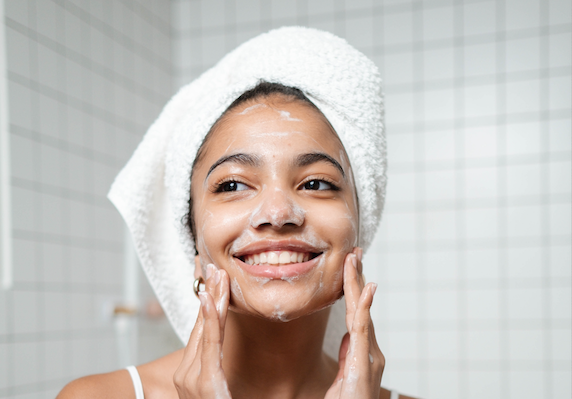

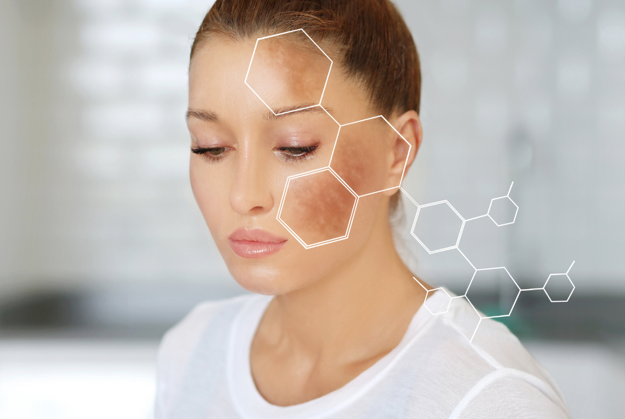
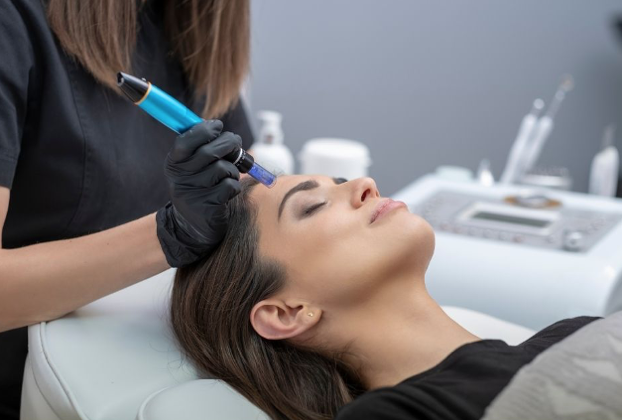

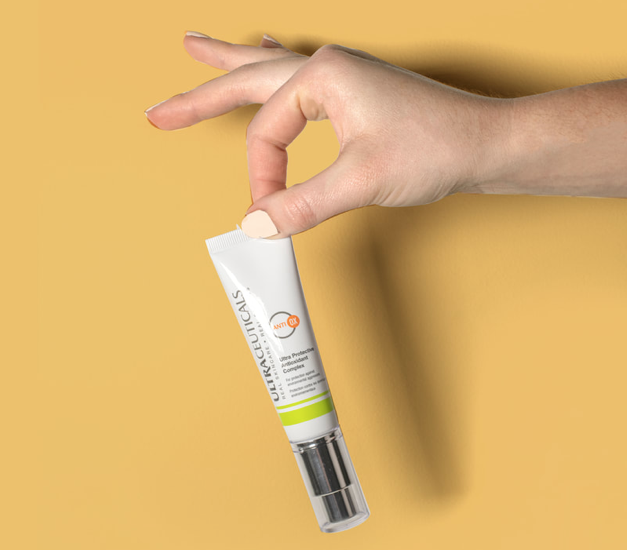
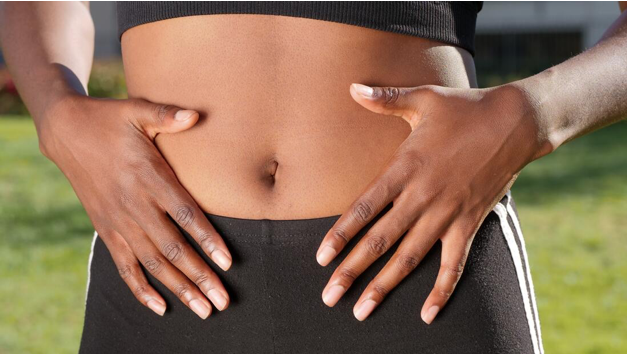
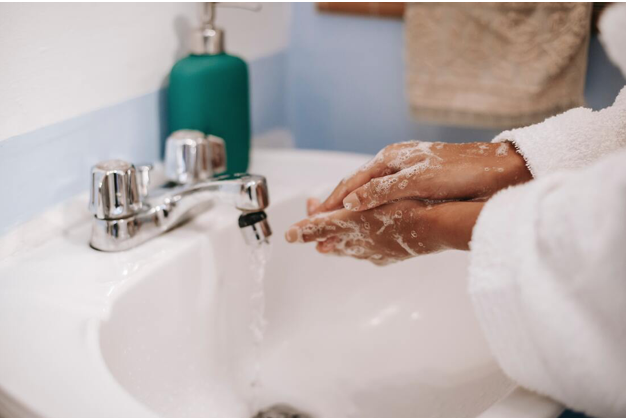
 RSS Feed
RSS Feed

